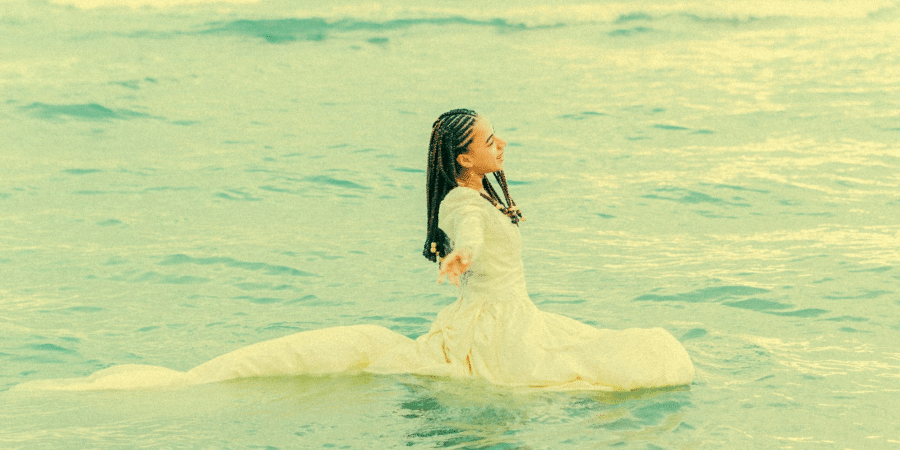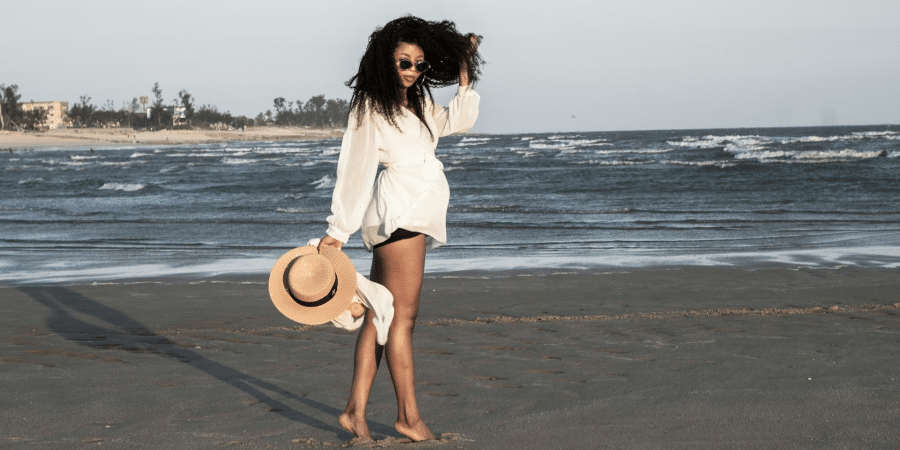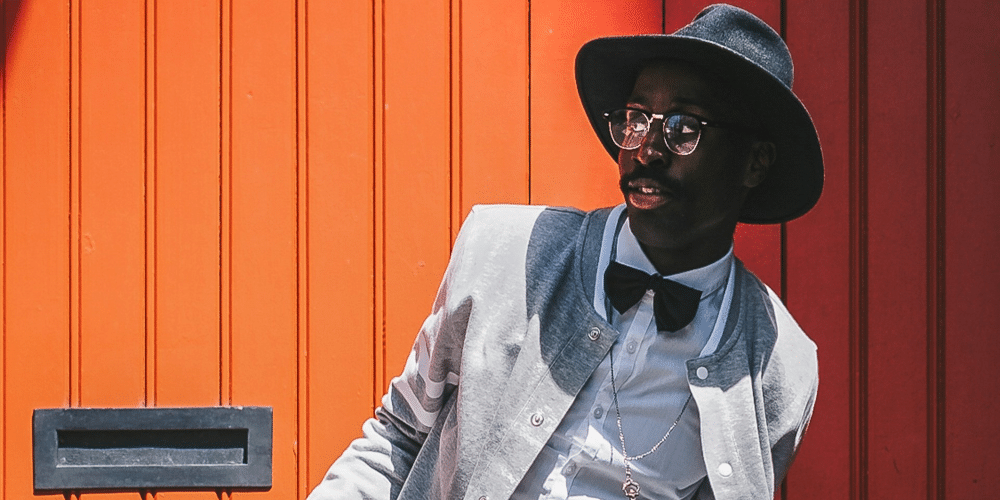Horror films have long been a popular genre in cinema, captivating audiences with their suspense, thrills, and scares. While horror movies have often been criticized for their lack of diversity, Black actors, directors, and filmmakers have made significant contributions to the genre, both in front of and behind the camera. In this article, we’ll explore the impact that Black people have made in horror films and how their contributions have helped shape the genre.
Breaking Stereotypes and Tropes
Historically, Black characters in horror films were often relegated to stereotypical roles, such as the “magical negro” or the “sacrificial black character.” However, in recent years, there has been a shift towards more nuanced and complex portrayals of Black characters in horror movies. Black actors and filmmakers have played a crucial role in breaking down these stereotypes and tropes, challenging traditional narratives and creating more authentic and multi-dimensional characters.
Representation Matters
Representation matters in all forms of media, including horror films. Seeing people who look like you on screen can have a powerful impact on how you perceive yourself and your place in the world. Black actors and filmmakers have worked tirelessly to increase representation in the horror genre, both in terms of on-screen representation and behind-the-scenes representation. By telling their own stories and bringing diverse perspectives to the table, they have helped create a more inclusive and representative film industry.
Telling Untold Stories
One of the most significant contributions that Black filmmakers have made to the horror genre is telling untold stories and exploring themes that are often overlooked or ignored. From examining the horrors of racism and systemic oppression to exploring themes of identity, trauma, and survival, Black horror films offer a unique and thought-provoking perspective on the genre. By shining a light on these important issues, Black filmmakers have pushed the boundaries of what horror can be and challenged audiences to confront uncomfortable truths.
Pioneering New Subgenres
Black filmmakers have also been instrumental in pioneering new subgenres within the horror genre. From “blaxploitation” horror films of the 1970s to contemporary “Afrofuturist” horror films, Black filmmakers have been at the forefront of creating innovative and groundbreaking horror movies that defy categorization. By blending elements of horror with other genres, such as science fiction, fantasy, and social commentary, Black filmmakers have created a rich and diverse tapestry of storytelling that continues to evolve and expand.
Celebrating Black Culture and Heritage
Many Black horror films celebrate Black culture and heritage, incorporating elements of African mythology, folklore, and tradition into their storytelling. By drawing on these rich cultural traditions, Black filmmakers have created immersive and authentic cinematic experiences that resonate with audiences around the world. From exploring the spiritual world of voodoo in “The Serpent and the Rainbow” to paying homage to African American folklore in “Tales from the Hood,” Black horror films celebrate the diversity and richness of Black culture.
Inspiring Future Generations
The impact of Black actors and filmmakers in horror films extends far beyond the screen. By breaking down barriers and challenging stereotypes, they have paved the way for future generations of Black artists to pursue their passions and tell their own stories. From Jordan Peele’s groundbreaking work in “Get Out” and “Us” to Nia DaCosta’s recent adaptation of “Candyman,” Black filmmakers continue to push the boundaries of the genre and inspire audiences with their creativity and vision.
A Greater Contribution
Black actors, directors, and filmmakers have made a significant impact on the horror genre, both in terms of representation and storytelling. By breaking stereotypes, increasing representation, telling untold stories, pioneering new subgenres, celebrating Black culture and heritage, and inspiring future generations, they have helped shape the evolution of horror films and challenged audiences to think critically about the world around them. As the horror genre continues to evolve and diversify, the contributions of Black artists will undoubtedly play a vital role in shaping its future.







